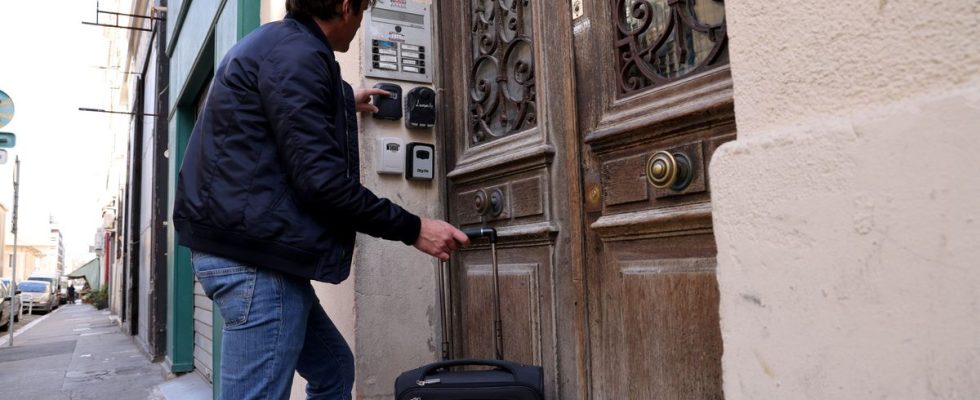The “Airbnb law”, a law regulating seasonal accommodation, was passed at first reading in the National Assembly this Monday, January 29, 2024. A first step towards a rebalancing between furnished tourist accommodation and year-round accommodation in the most remote regions. attractive from France. The most emblematic measure of this text means reduce the tax deduction rate to 30% which benefits income from rentals of furnished tourist accommodation, compared to 71% or 50% currently, with an exception in “very sparsely populated rural areas” where the reduction would remain at 71%.
In addition to this tax aspectl, the text also plans to give additional tools to municipalities which wish to further regulate things in their territories (this is particularly the case in the Basque Country or to La Rochelle).
“It’s a first step” – Annaïg Le Meur
In a context of housing crisis, this involves “remedy rental market imbalances in tight areas” explain the rapporteurs of the law, the socialist deputy for Pyrénées-Atlantiques, Iñaki Echaniz, and the Renaissance deputy for Finistère, Annaïg Le Meur. “It’s a first step”the culmination of a “transpartisan method” greeted the Breton MP. “I think of all these mayors who accompanied us to co-construct this text” launched his Basco-Béarnais co-rapporteur, and “to the associations which are mobilizing, in particular the Alda association in the Basque Countrywhich works for dignified and sustainable housing.” “This text was necessary and useful” underlined Christophe Béchu, Minister of Territorial Cohesion. The text was passed by 100 votes to 25, it will have to be examined in the Senate. The article on taxation, which divides the presidential camp, could once again be discussed.
“We want to work with more cities to implement existing rules” – Airbnb
After the adoption of the text by the National Assembly, Clément Eulry, director of Airbnb in France, sent a press release to France Bleu in which he affirmed that the regulatory framework available to municipalities is already “the most advanced and efficient in the world” and “only 250 cities out of the more than 4,000 eligible have taken it up and passed measures to date.” For Airbnb, “Rather than making the current framework more complex, which would penalize the many families wishing to rent their accommodation occasionally to travelers, we wish to work with more cities in implementing existing rules to protect the housing supply while contributing sustainable development of tourism throughout France.

